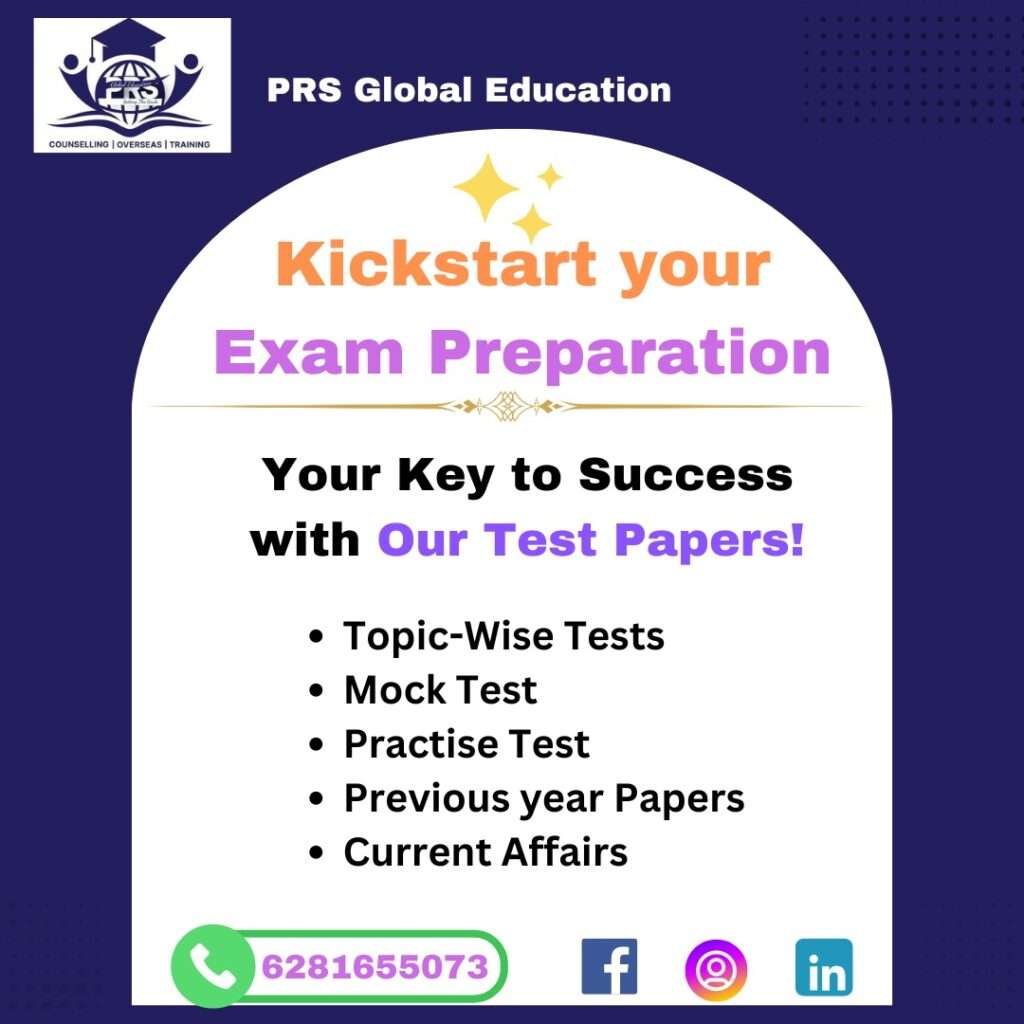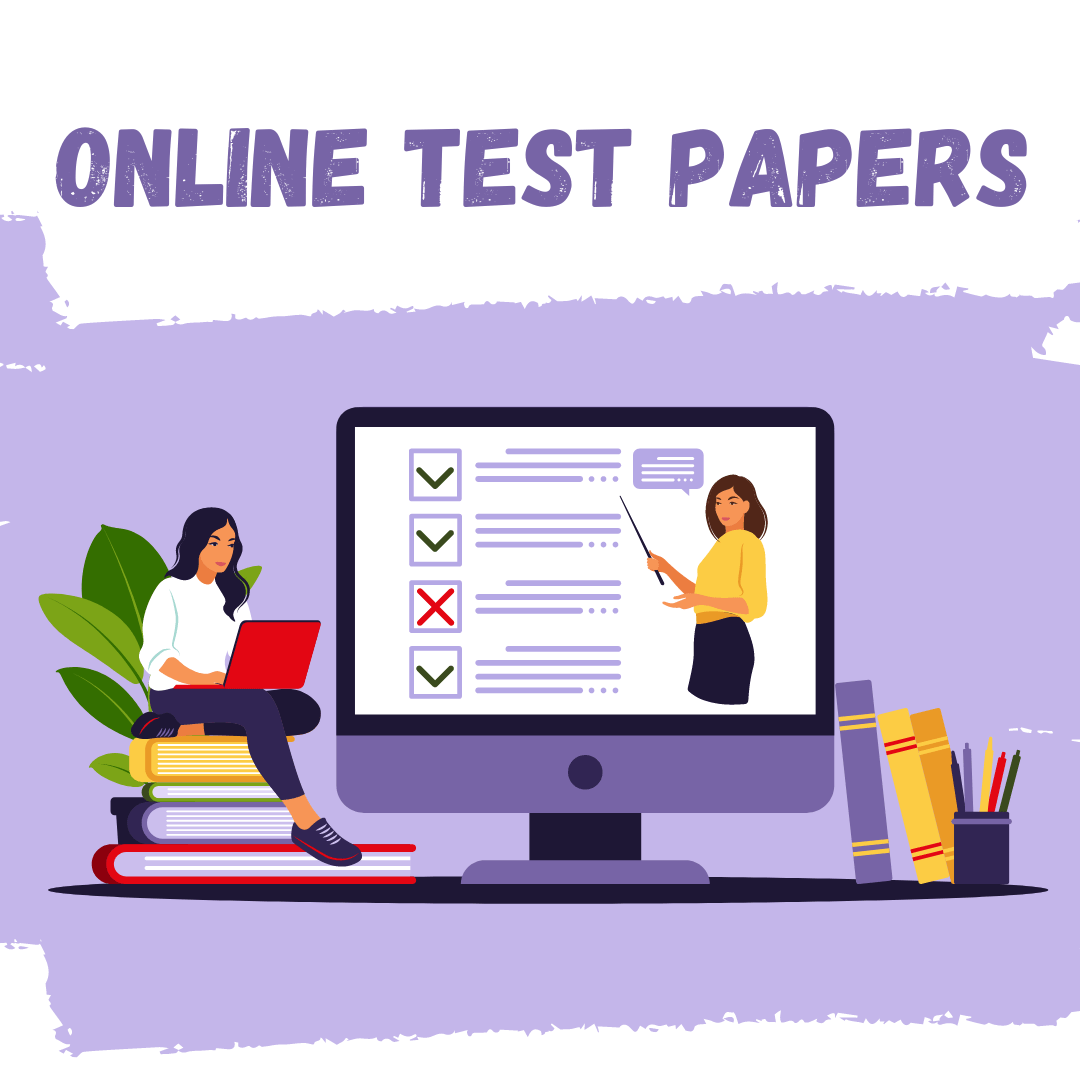In today’s competitive academic landscape, developing critical thinking skills is crucial for success in competitive exams. One highly effective method for enhancing these skills is through the use of competitive exam question papers. These papers not only provide a realistic practice environment but also stimulate analytical thinking and problem-solving abilities. This comprehensive guide will explore how you can leverage competitive exam question papers to develop your critical thinking skills, leading to improved performance in your exams.
Why Critical Thinking is Essential for Competitive Exams
Critical thinking is the ability to analyze information objectively and make a reasoned judgment. It involves evaluating sources, such as data, facts, observable phenomena, and research findings. In the context of competitive exams, critical thinking enables students to approach problems systematically, think beyond rote learning, and apply knowledge effectively under exam conditions.
Using competitive exam question papers is an excellent way to foster these skills. These papers provide a structured approach to studying and practicing, allowing you to engage deeply with the material and understand the underlying principles behind the questions.
Steps to Develop Critical Thinking Skills Using Competitive Exam Question Papers
-
Understanding the Competitive Exam Question Papers Types
Different competitive exams have various question formats, including multiple-choice, essays, and problem-solving questions. By regularly practicing with competitive exam question papers, you can familiarize yourself with these types and learn how to approach each one critically.
-
Multiple-Choice Questions (MCQs):
These require a keen understanding of the concepts and the ability to eliminate incorrect answers systematically. Practice identifying the most plausible answers and reasoning through your choices.
-
Essay Questions:
These assess your ability to organize thoughts and present arguments coherently. Use past question papers to practice structuring your essays and developing strong, logical arguments.
-
Problem-Solving Competitive Exam Question Papers:
These test your analytical skills and your ability to apply theoretical knowledge to practical scenarios. Work through these questions methodically, breaking down complex problems into manageable parts.
-
Analyzing Your Answers
After completing a set of competitive exam question papers, spend time analyzing your answers. Look for patterns in your mistakes and identify areas where your reasoning was flawed. This analysis helps in understanding the thought process required to arrive at the correct answers.
-
Error Analysis:
Identify the types of errors you make most frequently. Are they due to a lack of knowledge, careless mistakes, or misinterpretation of the questions? Understanding this can help you focus your study efforts more effectively.
-
Conceptual Understanding:
Ensure you have a solid grasp of the concepts tested. Revisit any topics where your understanding is weak and practice additional questions to reinforce your knowledge.
-
Practicing Logical Reasoning
Many competitive exams include sections that test logical reasoning and analytical abilities. Use past question papers to practice these sections intensively. Focus on understanding the logic behind each question and developing strategies to solve them efficiently.
-
Deductive Reasoning:
Practice drawing logical conclusions from given premises. This skill is crucial for answering questions that require you to identify patterns or make inferences.
-
Inductive Reasoning:
Work on forming generalizations based on specific examples. This type of reasoning is often tested in exams that involve identifying trends or predicting outcomes.

Effective Strategies for Using Competitive Exam Question Papers
-
Implementing Regular Practice Sessions
Incorporate regular practice sessions using competitive exam question papers into your study routine. This consistent practice not only helps in retaining information but also enhances your ability to think critically under pressure.
-
Daily Practice:
Dedicate a portion of your study time each day to solving question papers. This regular exposure helps build familiarity with the exam format and reduces anxiety.
-
Timed Sessions:
Simulate exam conditions by timing your practice sessions. This helps improve your time management skills and ensures you can complete the exam within the allotted time.
-
Group Study and Discussion
Engage in group study sessions where you and your peers solve competitive exam question papers together. Discuss different approaches to the same question, which can provide new perspectives and enhance your critical thinking skills.
-
Collaborative Learning:
Sharing ideas and solutions with others can broaden your understanding and introduce you to different problem-solving techniques.
-
Peer Feedback:
Constructive feedback from peers can help you identify areas for improvement and refine your answers.
-
Simulating Exam Conditions
Simulate real exam conditions while solving competitive exam question papers. Time yourself and create an environment similar to the actual exam. This practice helps in managing exam stress and improves your ability to think clearly and critically during the actual test.
-
Exam Simulation:
Replicate the exact conditions of your exam, including timing, environment, and restrictions. This helps acclimate you to the pressures of exam day.
-
Stress Management with Competitive Exam Question Papers
Practicing under exam-like conditions can reduce anxiety and improve your ability to remain focused and composed during the actual test.
Tracking Your Progress
-
Keeping a Performance Log while Practising wtih Competitive Exam Question Papers
Maintain a log of your performance on various competitive exam question papers. Track your scores, the time taken to solve each paper, and the types of mistakes made. This log will help you monitor your progress and identify patterns in your critical thinking development.
-
Score Tracking:
Record your scores for each practice session to measure your improvement over time.
-
Error Analysis:
Note the types of mistakes you make most frequently and analyze their causes. This will help you identify areas where you need additional practice.
-
Adjusting Your Study Plan with Competitive Exam Question Papers
Based on your performance analysis, adjust your study plan to focus more on areas where your critical thinking skills need improvement. Allocate more time to challenging sections and incorporate diverse problem-solving techniques.
-
Targeted Practice:
Devote extra study time to topics where your performance is weakest. Use a variety of resources to reinforce your understanding and improve your skills.
-
Flexibility:
Be prepared to adjust your study plan as needed based on your progress. Regularly review your performance log and make changes to ensure continuous improvement.
Conclusion for
Developing critical thinking skills is crucial for excelling in competitive exams. By strategically using competitive exam question papers, you can enhance your analytical abilities, improve your problem-solving techniques, and increase your overall exam performance. Make these papers a core part of your study routine to build a robust foundation of critical thinking and achieve success in your exams.
Start integrating these strategies today, and transform your exam preparation with the power of competitive exam question papers. Embrace the process of self-assessment and improvement, and you’ll find yourself better equipped to tackle the challenges of competitive exams with confidence and competence. By focusing on critical thinking, you’ll not only improve your exam scores but also develop valuable skills that will serve you well in your academic and professional future.
Frequently Asked Questions
How can practicing with competitive exam question papers improve my critical thinking skills?
Engaging with exam papers requires you to analyze complex problems, think critically about possible solutions, and make decisions under pressure, all of which are key components of critical thinking. By regularly practicing with exam questions, you can sharpen your analytical and problem-solving skills.
Are there specific strategies I can use to enhance my critical thinking abilities while working on exam papers?
Yes, there are various strategies you can employ, such as breaking down questions into smaller parts, identifying key information, and applying logical reasoning to arrive at the correct answers. These approaches can help you develop a structured thinking process and improve your overall critical thinking skills.
How can I track my progress in developing critical thinking skills through exam practice?
One effective way to track your progress is to review your performance on past exam papers regularly. Take note of areas where you struggled or made mistakes, and reflect on how you can improve your approach in the future. Additionally, seeking feedback from teachers or mentors can provide valuable insights into your critical thinking development.
